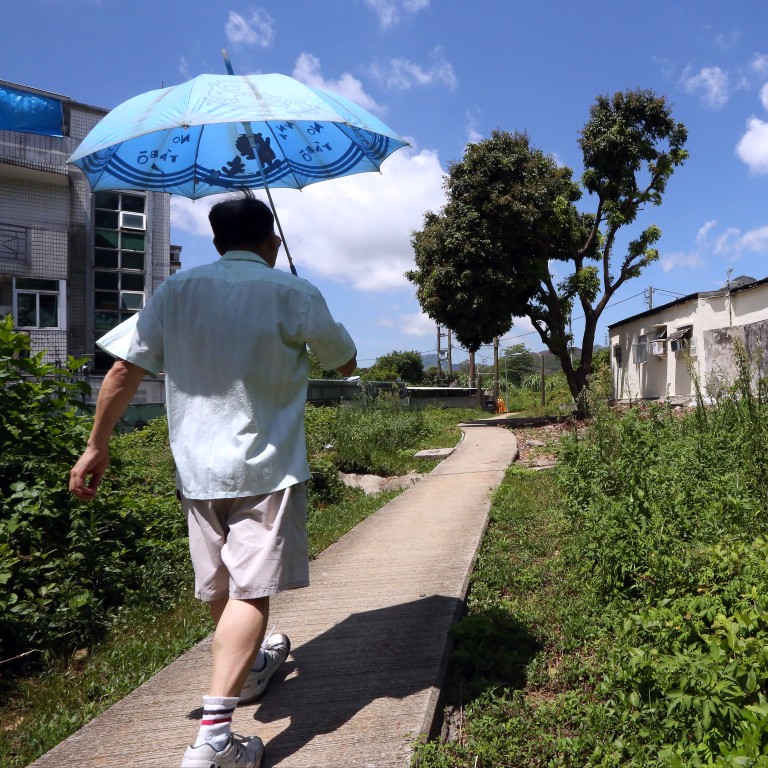
Hung Shui Kiu villagers in Hong Kong may receive alternative farmland near current homes
Government officials consider move to ease concerns of Hung Shui Kiu villagers
Farmers facing eviction from the northwestern New Territories area of Hung Shui Kiu will hopefully be offered land in neighbouring areas so they can continue farming, a planning official has said.
Five villages are set to be razed as the government plans to turn the 714 hectares of Hung Shui Kiu - a place now dominated by rural villages and open storage facilities - into a new town with high-rise housing and commercial developments.
The number of farmers to be displaced has not been determined yet, but Amy Cheung Yi-mei, assistant director of planning, held out hope for suitable resettlement at a public forum attended by more than 200 people yesterday.
"We hope to adopt the northeastern New Territories model, that is to identify sites nearby for affected farmers to resume their agricultural activities," she said.
Under the northeastern New Territories plan, the government will take over 22 hectares of active agricultural land in Kwu Tung North and Fanling North to build residential and commercial blocks.
In return, 34 hectares of fallow farmland has been identified in Kwu Tung South for affected farmers.
"We have also heard proposals to set up community farms," Cheung said. "We will consider this suggestion when we conduct the detailed planning."
Hung Shui Kiu farmer Chan Tim-hei, 65, was among those who joined a protest outside the forum venue.
"I have been living and farming in Tin Sam Tsuen for more than three decades on a rented field of about 7,200 square feet," she said. "I want to continue to farm and I don't want to leave."
Unlike Chan, who is a tenant, indigenous villagers - those whose ancestral settlements in the New Territories can be traced back to before 1898, when the British took the New Territories - will have their homes preserved.
Yet some of them also complained about the plan yesterday, saying they feared urban development around their homes would mean less land or none at all available for their male descendants to build small houses.
"Village zones must be expanded for our future generations," said Tang Tat-sin, first vice-chairman of Ping Shan rural committee.
"Our Tang ancestral hall will be facing some 40 high-rise blocks. This is our feng shui line and we will certainly oppose it," he said.
